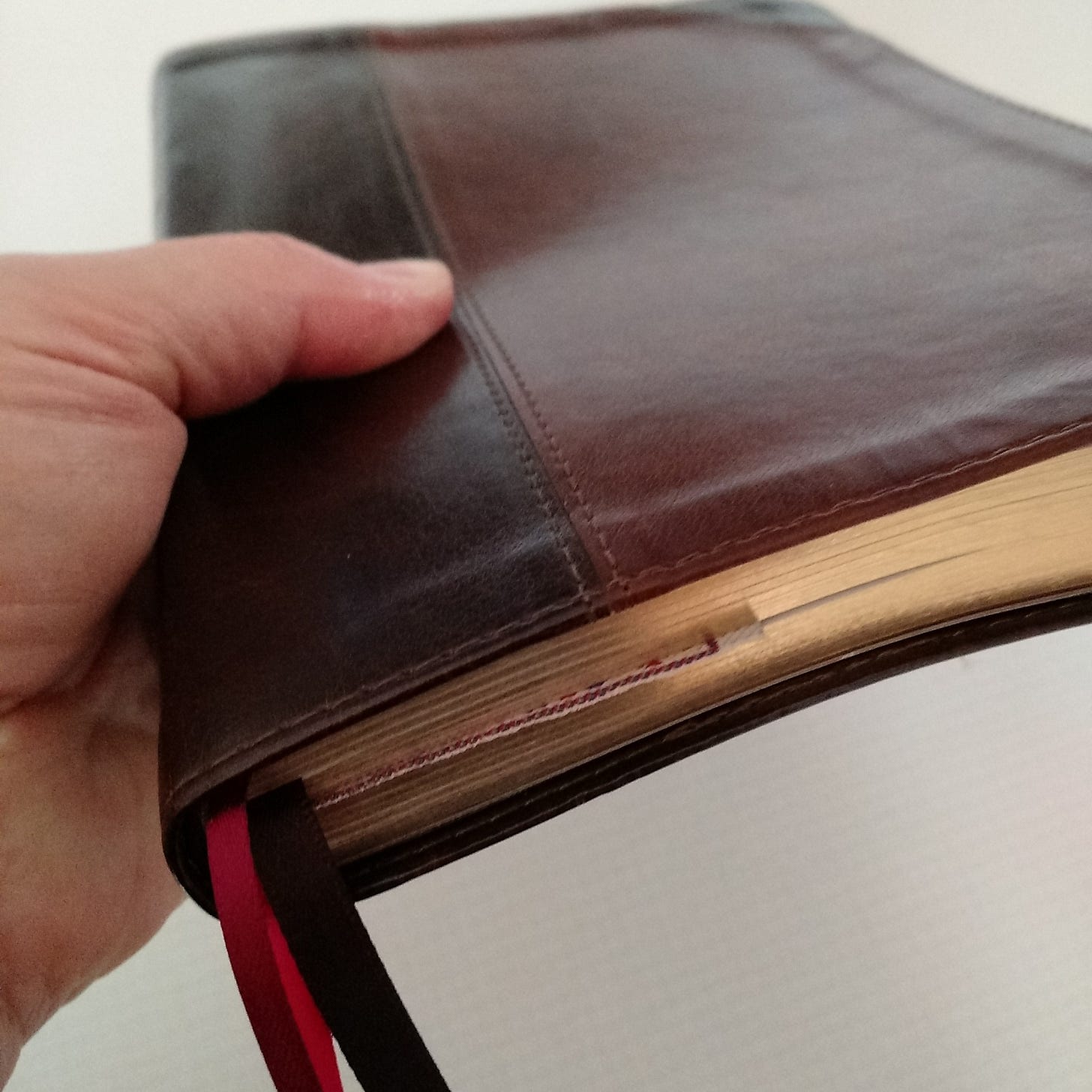The Bible says...
But we like to make it more complicated.
Some people read the Bible as if it’s an ancient version of the Chronicles of Narnia.
It’s all allegory and mystery, a kind of gamesmanship to see who can eke out the most complicated meaning of generally plain words.
There’s poetry. History. Laws. Wisdom. Gospels. Letters. Prophetic.
Funny thing about the Bible; for the most part, when it uses an allegory…

